Microsoft: Windows 7 can't keep up with security needs
Microsoft Germany blasts its own operating system for being 'outdated'

Despite being three years away from the end of its lifecycle, Windows 7 is no longer fit for business use, according to Microsoft Germany.
The company's German division yesterday said Windows 7, which will receive regular security updates until 2020, lacks the security needed to deal with modern threats.
Basic support for Windows 7 ended two years ago, and since then the operating system has suffered from higher operating costs and downtime due to malware attacks, and a general lack of support for newer hardware peripherals, according to the blog post.
"Even today, (Windows 7) fails to meet the needs of modern technology and the high standards of security required by IT departments.," said Markus Nitschke, head of Windows at Microsoft Deutschland, quoted in the post (translated by IT Pro).
Support for the Windows 7 platform is due to end in January 2020, at which point customers still using the OS will no longer receive security updates or technical support from Microsoft. But Monday's blog post argues that companies not planning a transition away from Windows 7 within three years face "enormous dangers".
"As we saw with Windows XP, companies should start making the switch early to avoid risks and costs later on," Nitschke added.
While Microsoft counts 400 million devices running Windows 10, its newest operating system, as of December 2016, Windows 7's user base was still double that of Windows 10, with 7 running on 48.34% of desktop and laptop devices and 10 running on 24.36%, according to NetMarketShare.
Get the ITPro daily newsletter
Sign up today and you will receive a free copy of our Future Focus 2025 report - the leading guidance on AI, cybersecurity and other IT challenges as per 700+ senior executives
Yesterday's blog post refers to services such as Cortana and Windows Ink, both new features with Windows 10. The post does not mention the extra layers of security businesses might employ to increase overall protection.
But the fact remains that Windows 7 is now an outdated operating system, and as with any older platforms, users are likely to encounter compatibility issues. The blog post points out that "Windows 10 is the only version of Windows that offers support for the latest chips from Intel, AMD and Qualcomm".
Windows 7, released in 2009, was "developed for the wireless world of the late 2000s", but Microsoft said the platform is built on outdated security architectures and, since basic support ended, it hasn't been upgraded with any new features.
In contrast, users on Windows 10 can take advantage of improved security through Windows Defender Advanced Threat Protection, and Microsoft has boasted that the latest Anniversary Update was able to stamp out exploits before they were specifically patched.
IT Pro has contacted Microsoft to ascertain if the blog post's view is shared by Microsoft's UK division, but had not received a reply at the time of publication.
Dale Walker is a contributor specializing in cybersecurity, data protection, and IT regulations. He was the former managing editor at ITPro, as well as its sibling sites CloudPro and ChannelPro. He spent a number of years reporting for ITPro from numerous domestic and international events, including IBM, Red Hat, Google, and has been a regular reporter for Microsoft's various yearly showcases, including Ignite.
-
 Why keeping track of AI assistants can be a tricky business
Why keeping track of AI assistants can be a tricky businessColumn Making the most of AI assistants means understanding what they can do – and what the workforce wants from them
By Stephen Pritchard
-
 Nvidia braces for a $5.5 billion hit as tariffs reach the semiconductor industry
Nvidia braces for a $5.5 billion hit as tariffs reach the semiconductor industryNews The chipmaker says its H20 chips need a special license as its share price plummets
By Bobby Hellard
-
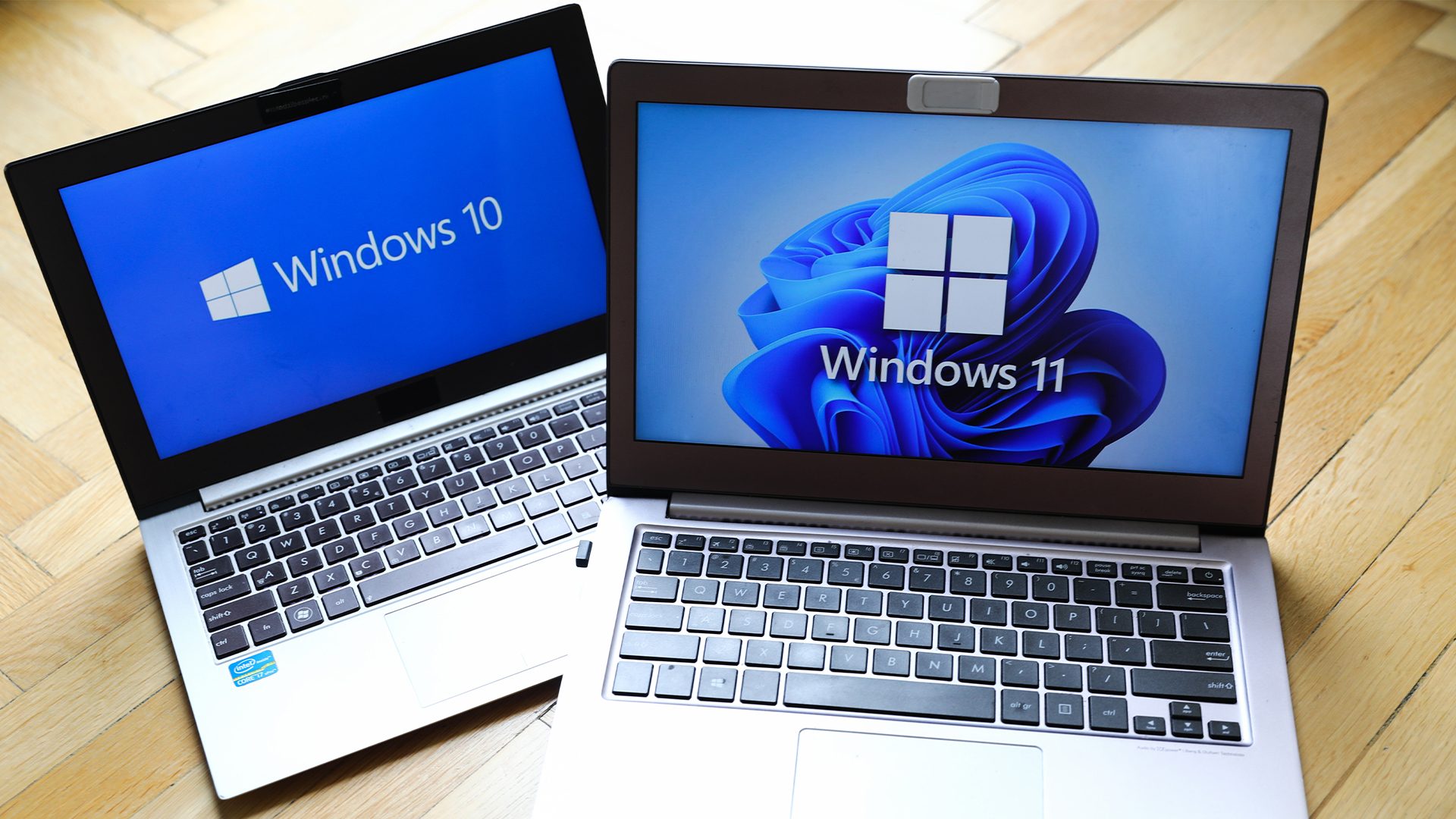 Dragging your feet on Windows 11 migration? Rising infostealer threats might change that
Dragging your feet on Windows 11 migration? Rising infostealer threats might change thatNews With the clock ticking down to the Windows 10 end of life deadline in October, organizations are dragging their feet on Windows 11 migration – and leaving their devices vulnerable as a result.
By Emma Woollacott
-
 Recall arrives for Intel and AMD devices after months of controversy
Recall arrives for Intel and AMD devices after months of controversyNews Microsoft's Recall feature is now available in preview for customers using AMD and Intel devices.
By Nicole Kobie
-
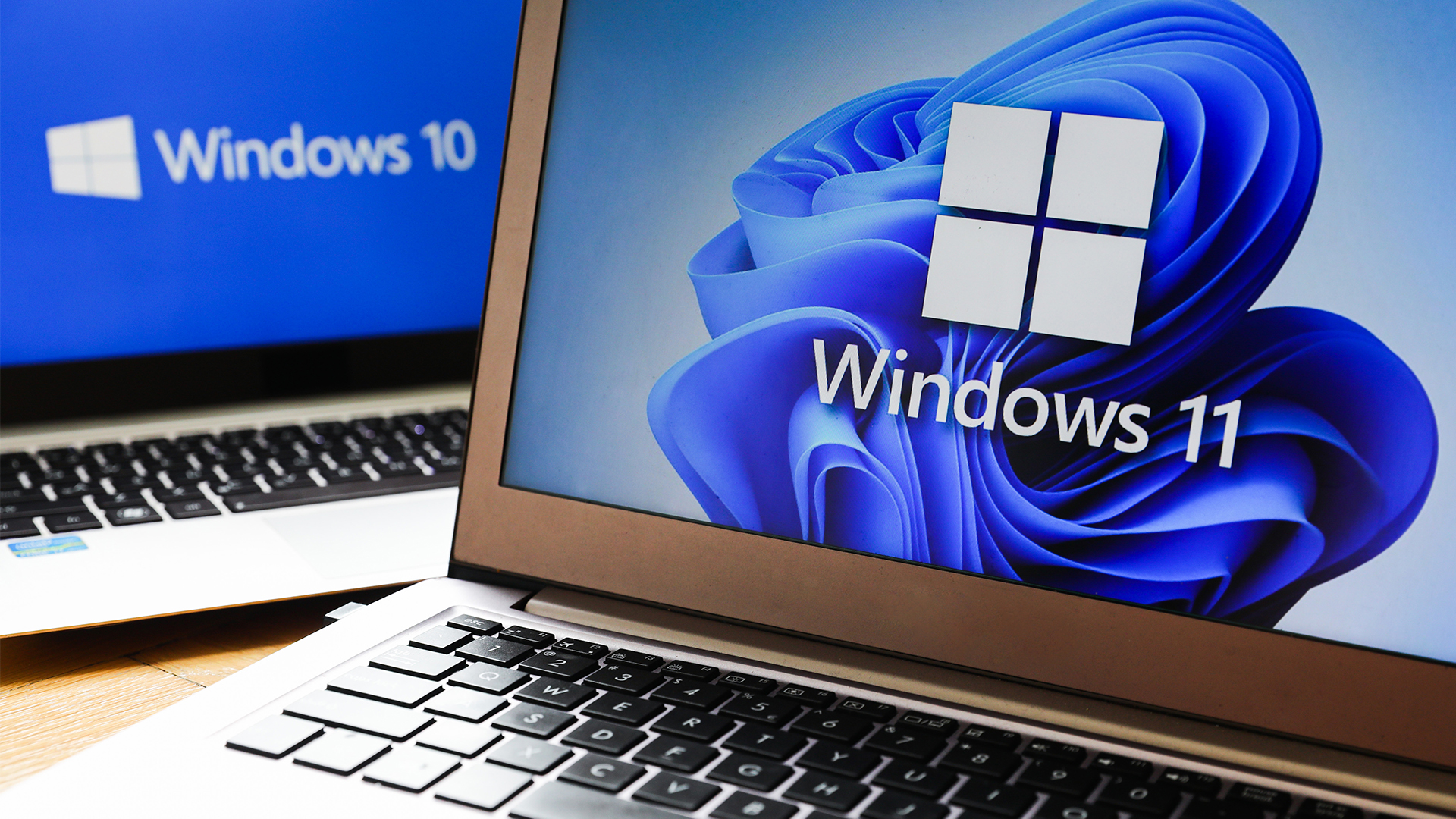 With one year to go until Windows 10 end of life, here’s what businesses should do to prepare
With one year to go until Windows 10 end of life, here’s what businesses should do to prepareNews IT teams need to migrate soon or risk a plethora of security and sustainability issues
By George Fitzmaurice
-
 Microsoft is doubling down on Widows Recall, adding new security and privacy features – will this help woo hesitant enterprise users?
Microsoft is doubling down on Widows Recall, adding new security and privacy features – will this help woo hesitant enterprise users?News The controversial AI-powered snapshotting tool can be uninstalled, Microsoft says
By Nicole Kobie
-
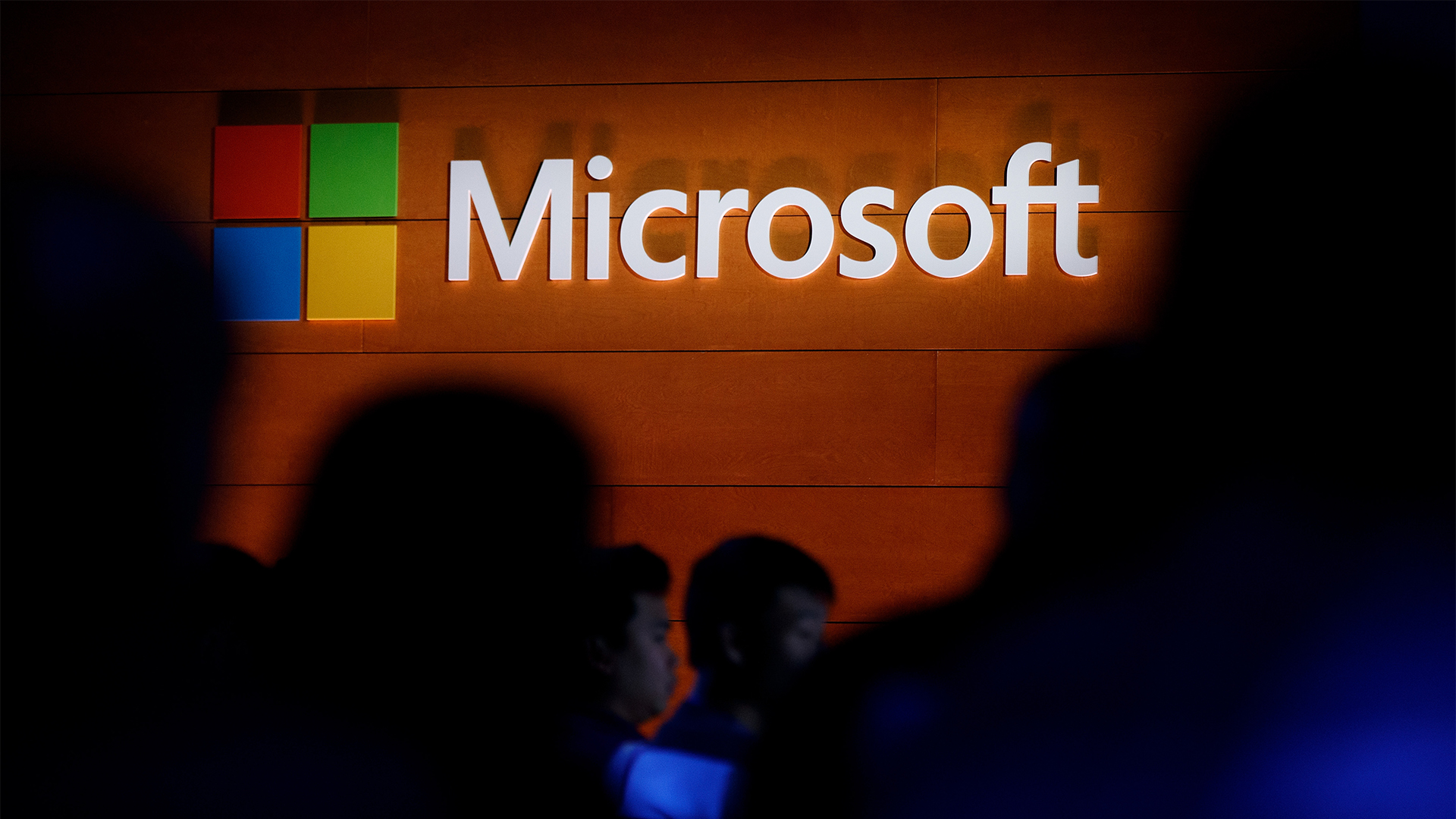 Microsoft patches rollback flaw in Windows 10
Microsoft patches rollback flaw in Windows 10News Patch Tuesday includes protection for a Windows 10 "downgrade" style attack after first being spotted in August
By Nicole Kobie
-
 Companies “wary” of Windows 11 migration challenges as Windows 10 EOL draws closer
Companies “wary” of Windows 11 migration challenges as Windows 10 EOL draws closerNews A recent study shows that only a fraction are running Windows 11, despite a rapidly-approaching end of life deadline
By George Fitzmaurice
-
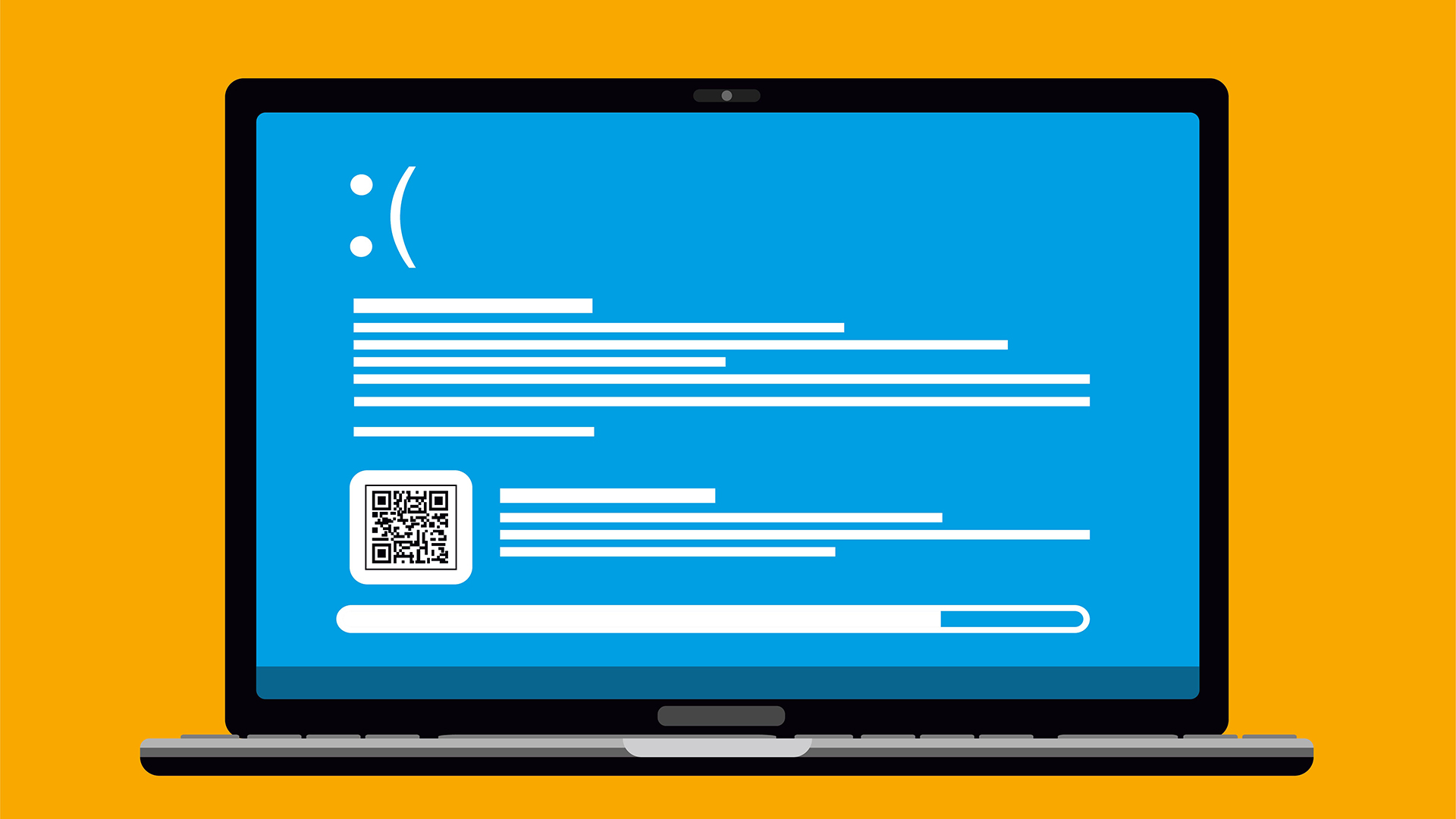 New Windows vulnerability could repeatedly trigger the blue screen of death on millions of devices
New Windows vulnerability could repeatedly trigger the blue screen of death on millions of devicesNews Attackers could exploit the Windows vulnerability to repeatedly crash machines and trigger a blue screen of death, according to researchers at Fortra
By Solomon Klappholz
-
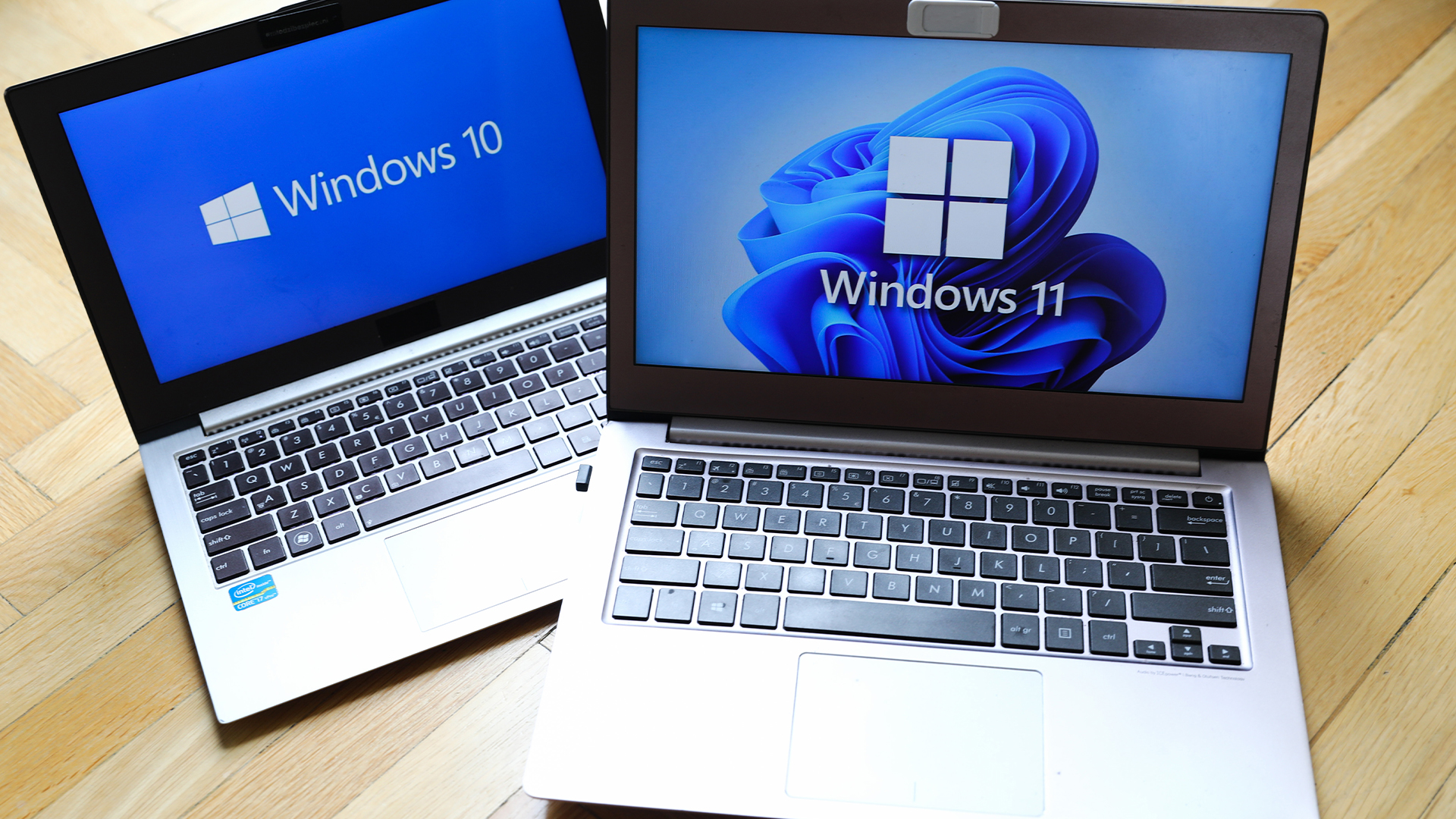 Here’s how much Windows 10 could cost if you don’t upgrade this year
Here’s how much Windows 10 could cost if you don’t upgrade this yearNews Windows 10 extended security updates will cost users dearly, with prices rising incrementally each year.
By George Fitzmaurice